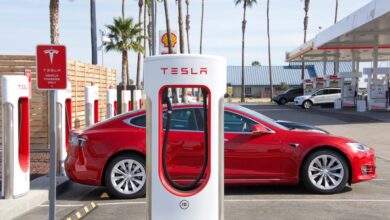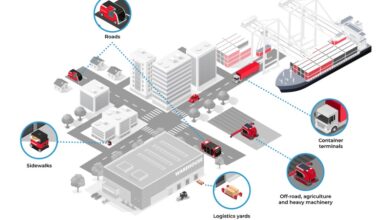SoftBank Aims to Invest in Indian Data Centers, Industrial Robotics for AI Expansion: Report


Japanese multinational investment holding company SoftBank is aiming to invest in data centers and robotics firms in India, as per a report by Moneycontrol. The company is looking to bet on the infrastructure of artificial intelligence (AI).
SoftBank also released its Q4 results yesterday. In January–March, SoftBank reported a profit of 328.9 billion yen ($2.11 billion), up from a loss of 32 billion yen in the same period last year. Even so, the company’s second consecutive quarter of profit was insufficient to maintain a profit for the entire year.
As per the report, SoftBank might invest $75 million to $150 million in each deal in these sectors. Speaking to Moneycontrol, a source said, “SoftBank is looking at AI use cases with large market opportunities. They are chasing two themes in India currently—data centers and industrial robotics.”
SoftBank has committed $5 billion in investments as of the end of March 2024, with an emphasis on high-growth sectors like logistics, robotics, and autonomous driving, as per the report. Recent investments include Wayve, an autonomous driving business that raised over $1 billion in finance, and Green Box, a joint venture with robotics company Symbotic that constructed its first automated warehouse in California.
The company is also planning to make artificial intelligence chips through Arm Holdings, the UK-based chip designer that is owned by SoftBank. The move to focus on artificial intelligence chips is part of the company’s plan to transfer into an AI powerhouse.
SoftBank has been focusing extensively on artificial intelligence. In October 2023, SoftBank CEO Masayoshi Son said that within ten years, artificial intelligence will suppress human intelligence in almost all areas. As per Reuters, Son said, “AI is now self-learning, self-training, and self-inferencing, just like human beings.” Son also talked about the concept of artificial superintelligence, claiming it will materialise in 20 years and outsmart humans by a factor of 10,000.



